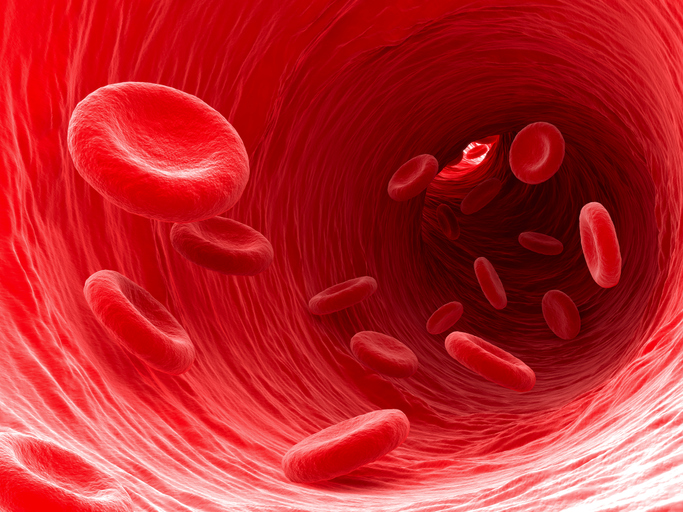
Inflammatory bowel disease affects millions of people worldwide, causing many different symptoms that can be painful. The two main kinds of IBD are Crohn’s disease and ulcerative colitis. Even though it is uncertain on which factors cause the condition, researchers may have found one culprit.
Since pro-inflammatory cells circulate through blood vessels, researchers believe that by eliminating dysfunctions in blood vessels, this could significantly decrease the progression of these chronic conditions. Endothelial cells are the cells that line the internal surface of blood vessels and create a barrier in order to prevent other cells from leaking out of the blood vessels.
Scientists discovered that the endothelial cells in people with IBD were not properly lining the insides of their blood vessels, making the cell to cell interaction dysfunctional. It was also found that the cytokine interferon-gamma cause this dysfunction. Cytokines are proteins that are responsible for cell signaling, while interferon-gamma are present at high concentrations in inflamed intestinal tissue.
These findings give researchers and scientists a better understanding of what factors cause inflammatory bowel disease, which can ultimately lead to better treatments in the future.
Read more on how blood vessel health may drive IBD


